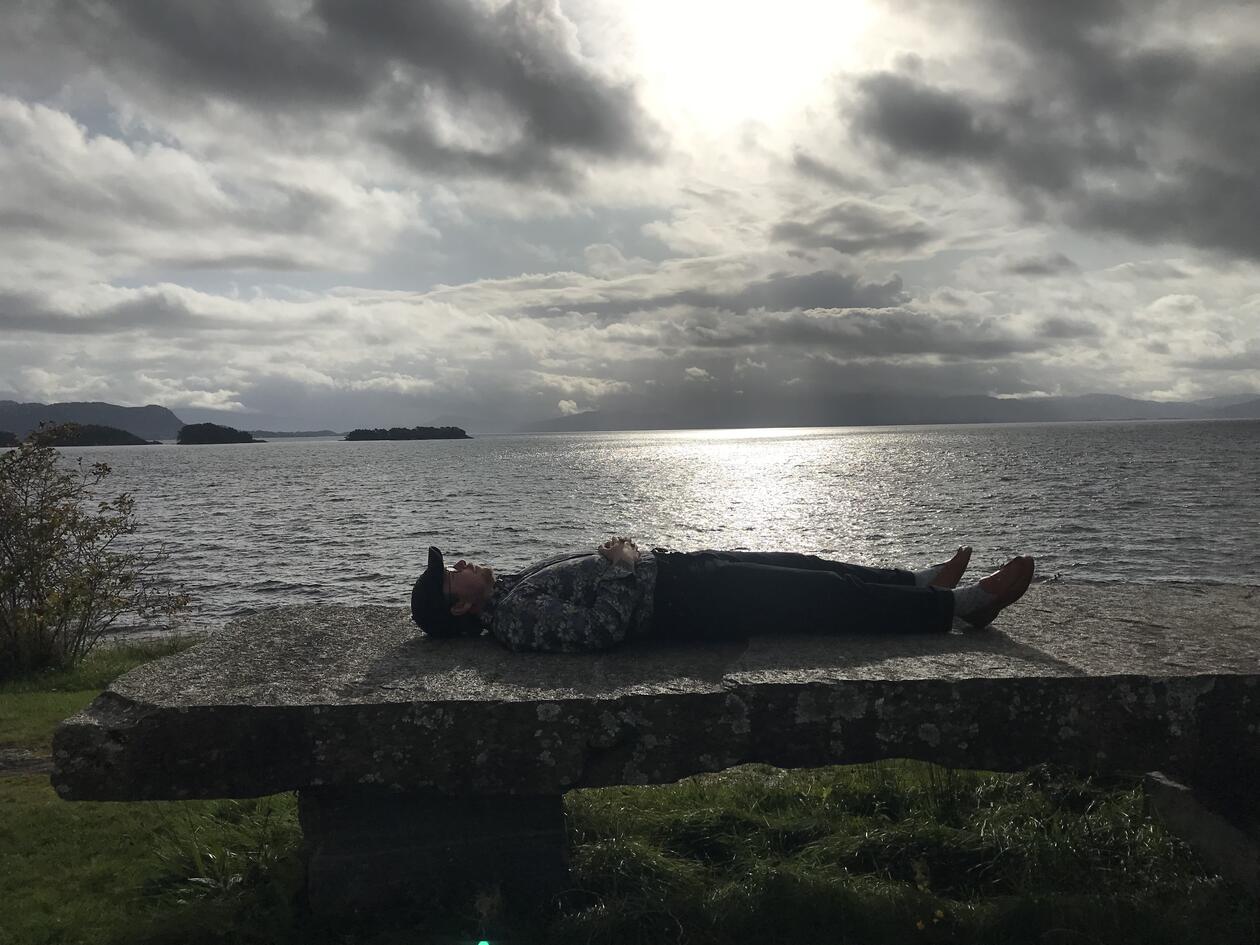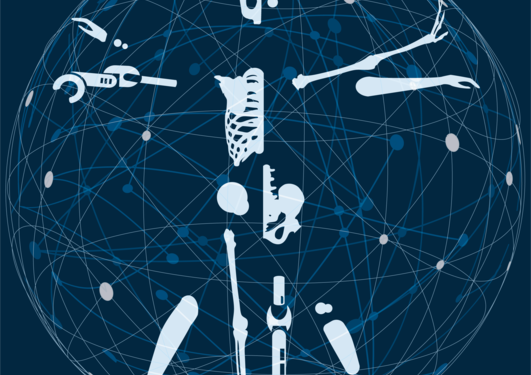Workshop on Death and Kinship in the Age of Technoscience
This October the project gathered ten scholars in Bergen for a workshop on death and kinship in the age of technoscience. The three-day workshop was filled with good conversations and discussions, acadmic and non-adaemic over conference tables, dinner tables, and in the sauna surrounded by serene views at Solstand hotel.

Hovedinnhold
Technological innovation in human-computer interfaces, medical breakthroughs in biotechnology, and an emerging notion that ageing is a disease seem to seriously challenge established understandings of what a human being is or might be. The workshop took the social dimensions of technoscientific immortality as a point of departure, and asked: what happens to social relations, and specifically inter-generational relations, when dying is not (seen as ) an option? Taking a broad understanding of kinship as a way of relating, or a “mutuality of being”, as Sahlins phrased it, the workshop sought to use kinship as an optic to see clearer the effect of imaginaries and practices of immortality on conceptions of social relations. For example: What does it entail to have a parent in cryonic preservation who might potentially be younger than sons or daughters when re-animated? What does it entail to relate to a digital version of a diseased parent or spouse? More generally: how does the process of not-dying (Farman 2020) impact on how one understands and “act” kinship?
Anya Bernstein brough her insight in Cosmist ideas of the Russian Orthodox thinker Nikolai Fedorov and his kinship theory where all generations are to be resurrected. Jeremy Cohen discussed transhumanists entanglement with Christian methapshyical religion from the eighteenth through the twenty-first century. Jon Bialekci brought perspectives from his work with Morman transhumanists and the role of archives in Morman traditions around baptism and death. Jacob Boss explored emerging kinship networks of punk, trans, and disabled “grinders” in his investigation of “the War on Death”. Will Dawley shared insights in how American transhumanists and cryonicitsts bring their family into their imaginings of the future. Jenny Huberman disused the role of pets in the American family and what the emerging service of pet cloning can teach us about immortality initiatives and American kinship in the age of technoscience. Martin Eggen Mogseth brought his work on donor conceived persons in conversation with ideas of immortality through a discussion of the idea of “reconception”. Annelin Eriksen discussed her work with and on the humaniod Bina48 and the process of kin-making Bina48 goes through in the process of “memory filing”. Tamara Kneese and Fartein Hauan Nilsen both brough discussions of kin-making with AI-chatbots and the possibilities and limitations of kinning machines, into our discussions.
We will work on the presentations towards a publication next year. We will keep the blog updated as the work proceeds.

